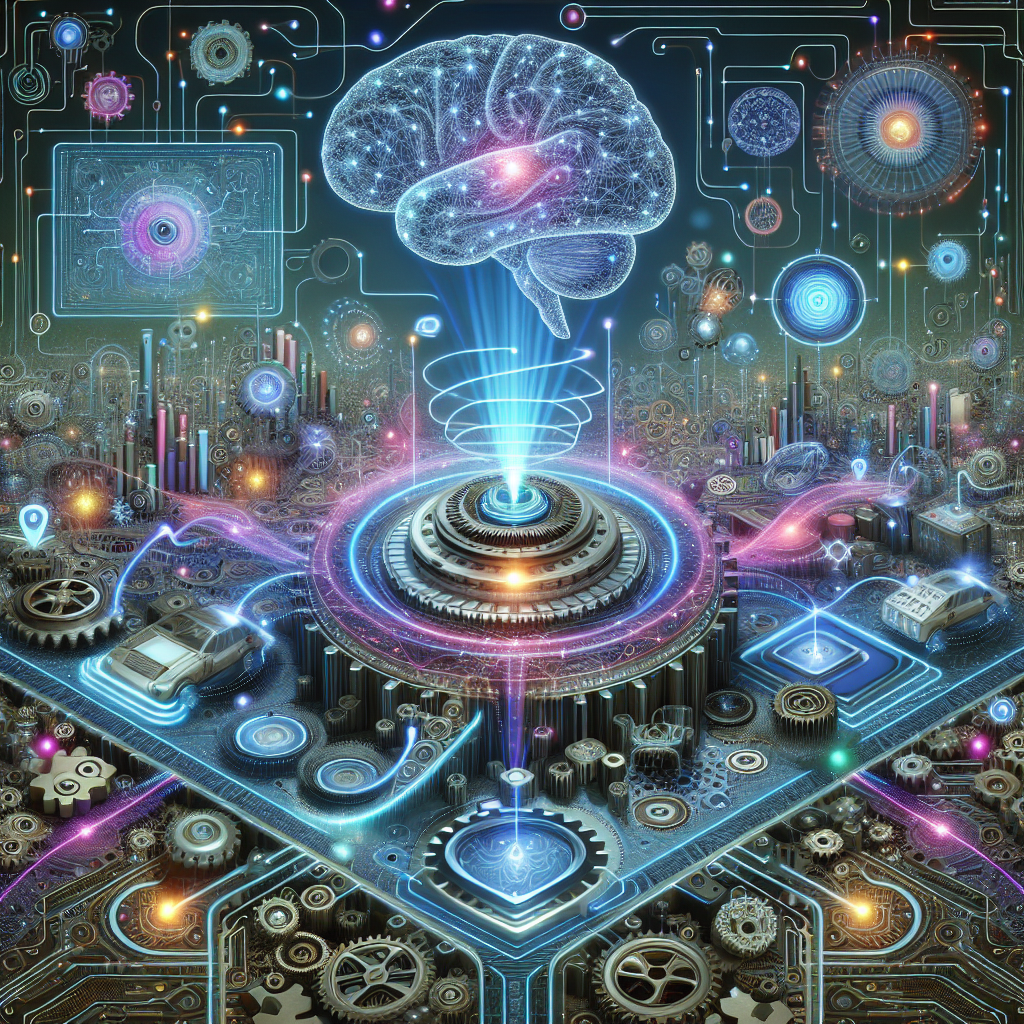New Guidance on AI-Assisted Inventions: Navigating the Future of Patent Law
As the landscape of artificial intelligence (AI) continues to evolve, so too does the legal framework surrounding AI-assisted inventions. With the upcoming guidance from the United States Patent and Trademark Office (USPTO) set for publication in February 2024, patent attorneys and innovators alike are urged to recalibrate their understanding of inventorship in the realm of AI technologies.
According to the recently released “Inventorship Guidance for AI-Assisted Inventions,” submitted to the Federal Register, every patent claim must feature substantial contributions from a natural person. This significant shift underscores the necessity of human involvement in the invention process, a reminder that creativity, much like faith, is rooted in personal engagement and insight.
The Core of Human Contribution
At the heart of the USPTO’s guidance is a critical assertion: every patent claim requires at least one human inventor who demonstrates significant involvement beyond simply posing a problem to the AI or recognizing its output. This notion echoes biblical teachings that emphasize the necessity of human initiative and contribution throughout our endeavors. As stated in Proverbs 16:3, “Commit your work to the Lord, and your plans will be established.” This verse serves as a gentle reminder that our actions, grounded in purpose and engagement, lead to progressive outcomes.
Inventors must adhere to specific criteria, known as the Pannu Factors, which establish significant contributions necessary to qualify as an inventor. These conditions not only promote accountability but also require that contributions go beyond superficial involvement, aligning well with a virtue of integrity inherent in many Christian teachings.
Navigating Inventorship in AI-Enhanced Innovation
Understanding what constitutes substantial contributions to AI-assisted inventions is vital for patent practitioners. Activities that qualify as meaningful include crafting AI prompts to tackle specific challenges, elaborating on AI-generated results to finalize an invention, or even training AI systems for precise applications. Each action reflects a proactive approach that embodies a commitment to the invention process.
Conversely, recognizing the limits of inventorship is equally crucial. Contributions that primarily involve presenting general goals to an AI or merely executing its suggestions without substantial input do not meet the threshold for inventorship. This delineation prompts reflection on the biblical principle of stewardship—being responsible and engaged in our work rather than relegating decision-making to external systems.
Practical Strategies for Patent Practitioners
To ensure compliance with the new guidance, practitioners should focus on several strategies:
- Document Human Contributions: Maintain accurate records of human involvement to substantiate inventorship claims.
- Evaluate Claim Scope: Scrutinize each aspect of the invention to ensure it is bolstered by adequate human input.
- Promptly Correct Inventorship Issues: Address any discrepancies swiftly to preserve the validity of patents, thereby safeguarding intellectual property.
As the patent landscape undergoes these transformations, one finds parallels between the diligence required in innovation and spiritual growth. The journey toward successful AI-assisted inventions can serve as an analogy for personal development—both require dedication, clarity, and a steadfast commitment to ethical engagement.
Encouraging Takeaway
The evolving nature of AI and its intersection with patent law serves as a poignant reminder of the importance of human touch in all creative endeavors. As inventors and innovators navigate the complexities of this new guidance, may they find inspiration in Colossians 3:23: “Whatever you do, work heartily, as for the Lord and not for men." Each creation, whether of the mind or heart, reflects our commitment to the pursuit of excellence and purpose.
Let this ongoing dialogue around AI-assisted inventions inspire us all to embrace our roles as intentional creators, engaging deeply with our work and its implications for the world around us.
Explore and dig up answers yourself with our BGodInspired Bible Tools! Be careful – each interaction is like a new treasure hunt… you can get lost for hours 🙂


